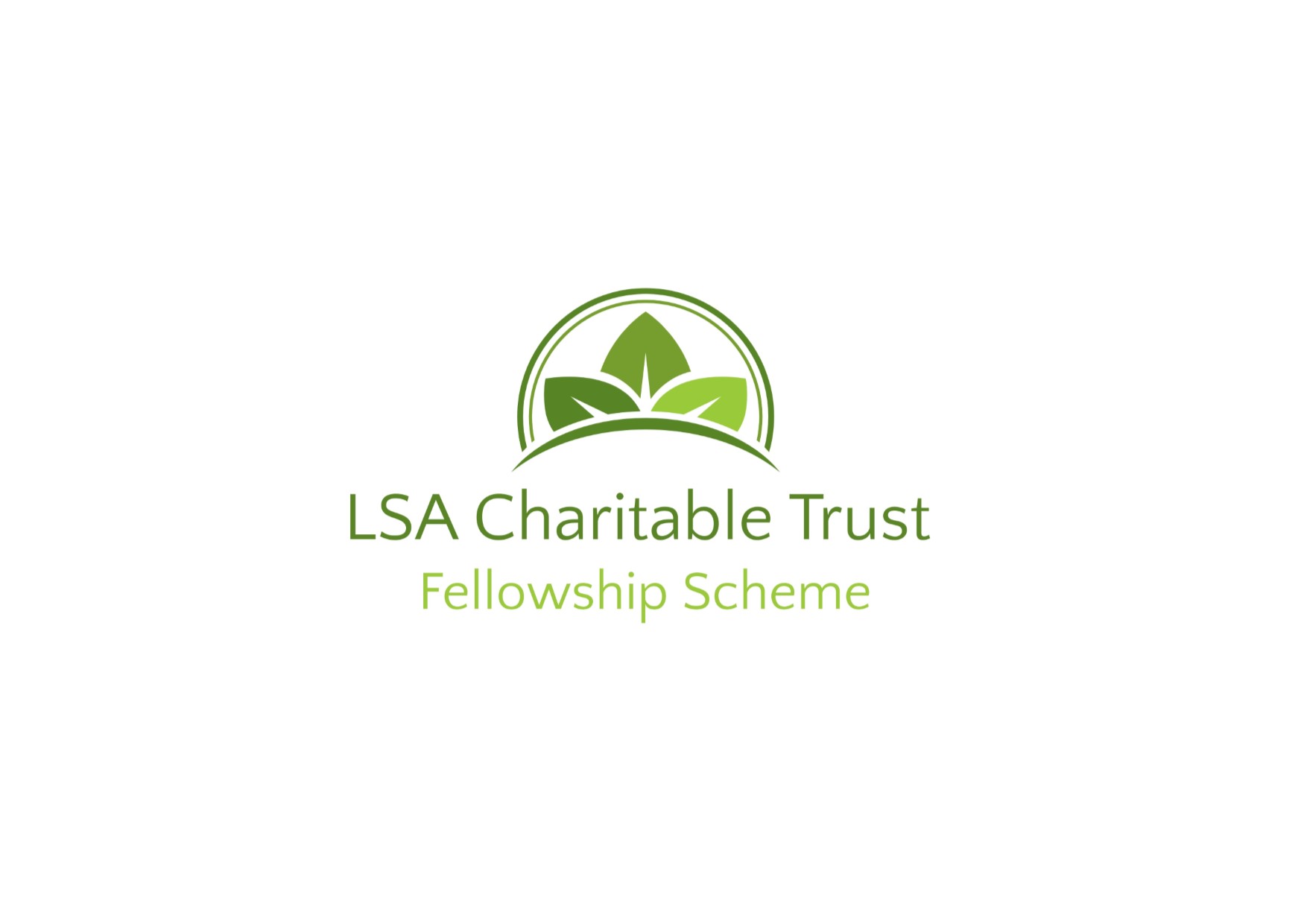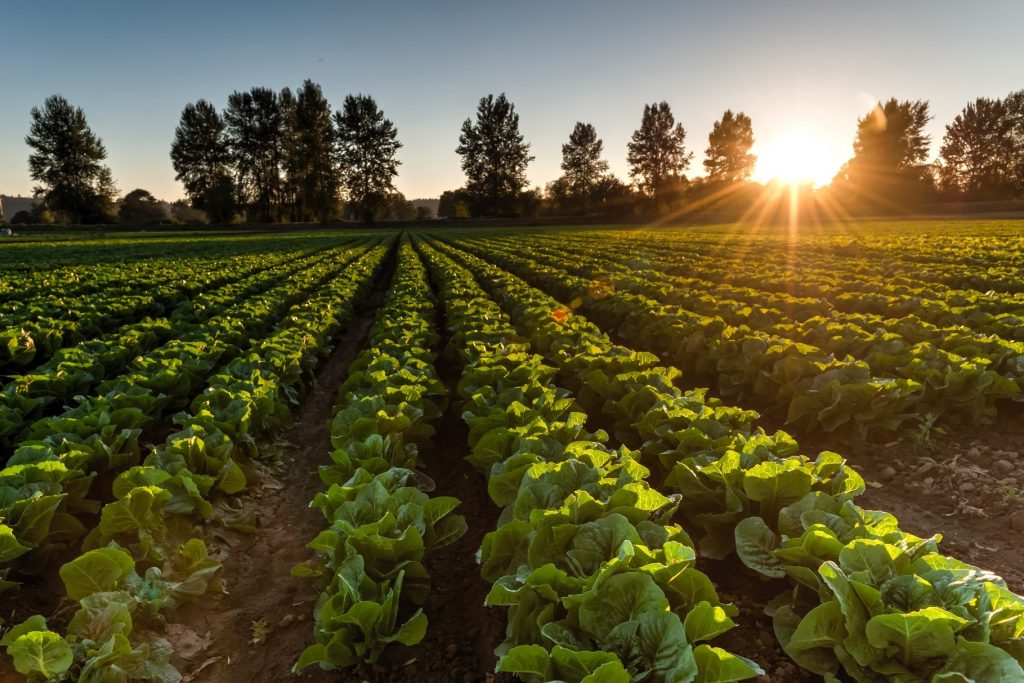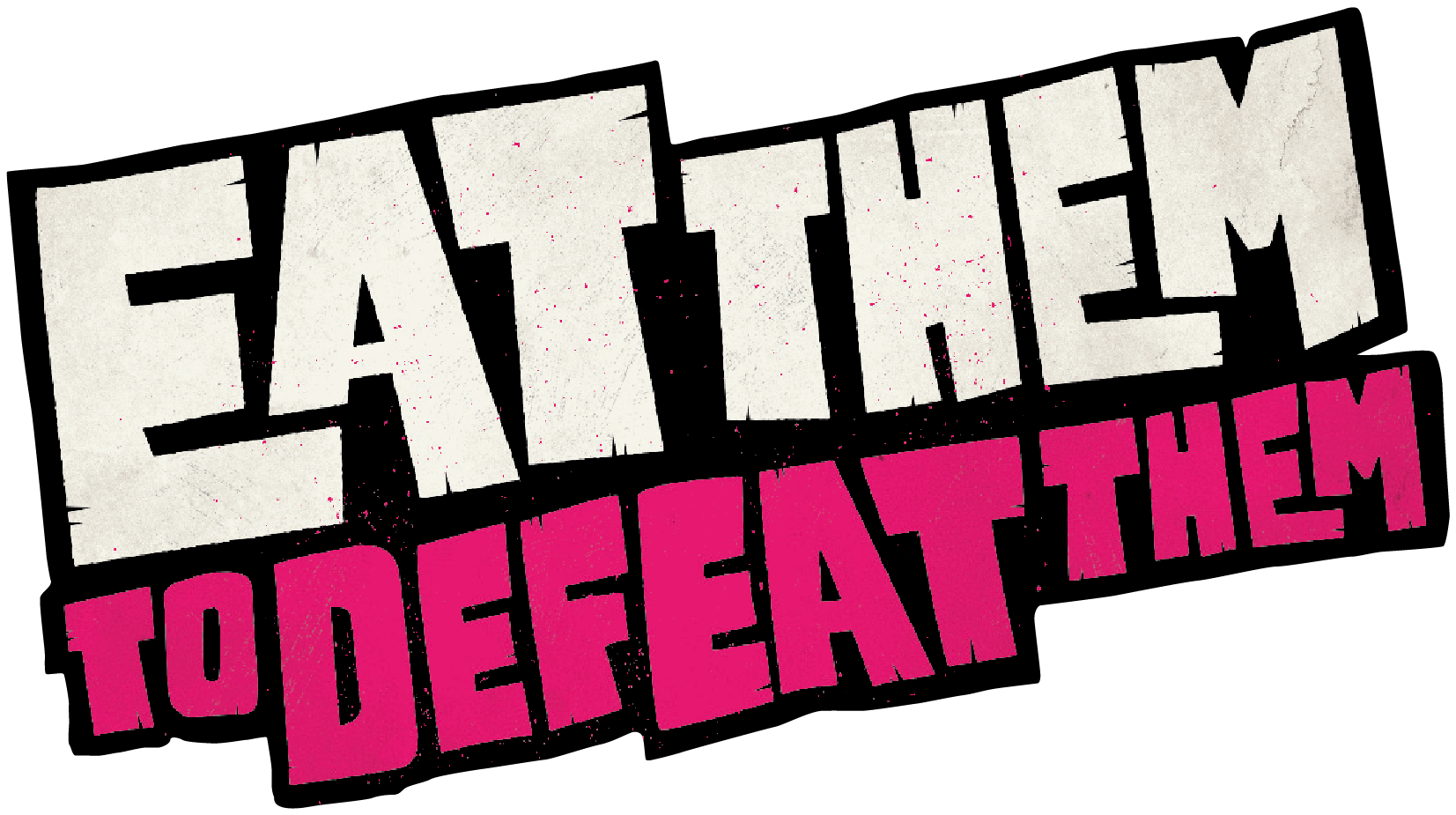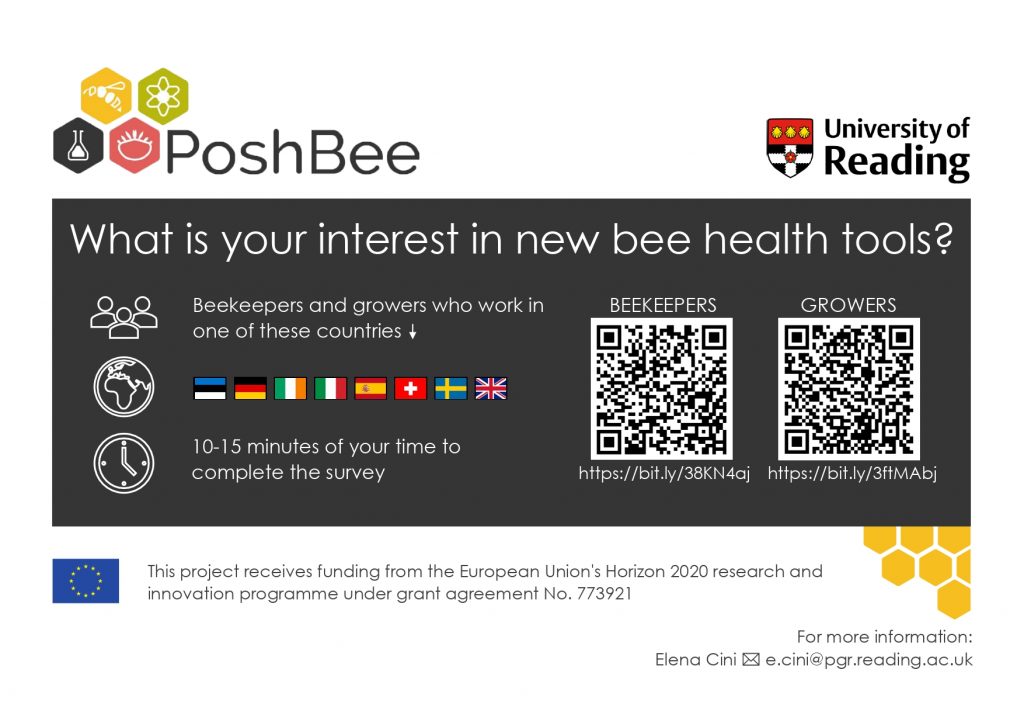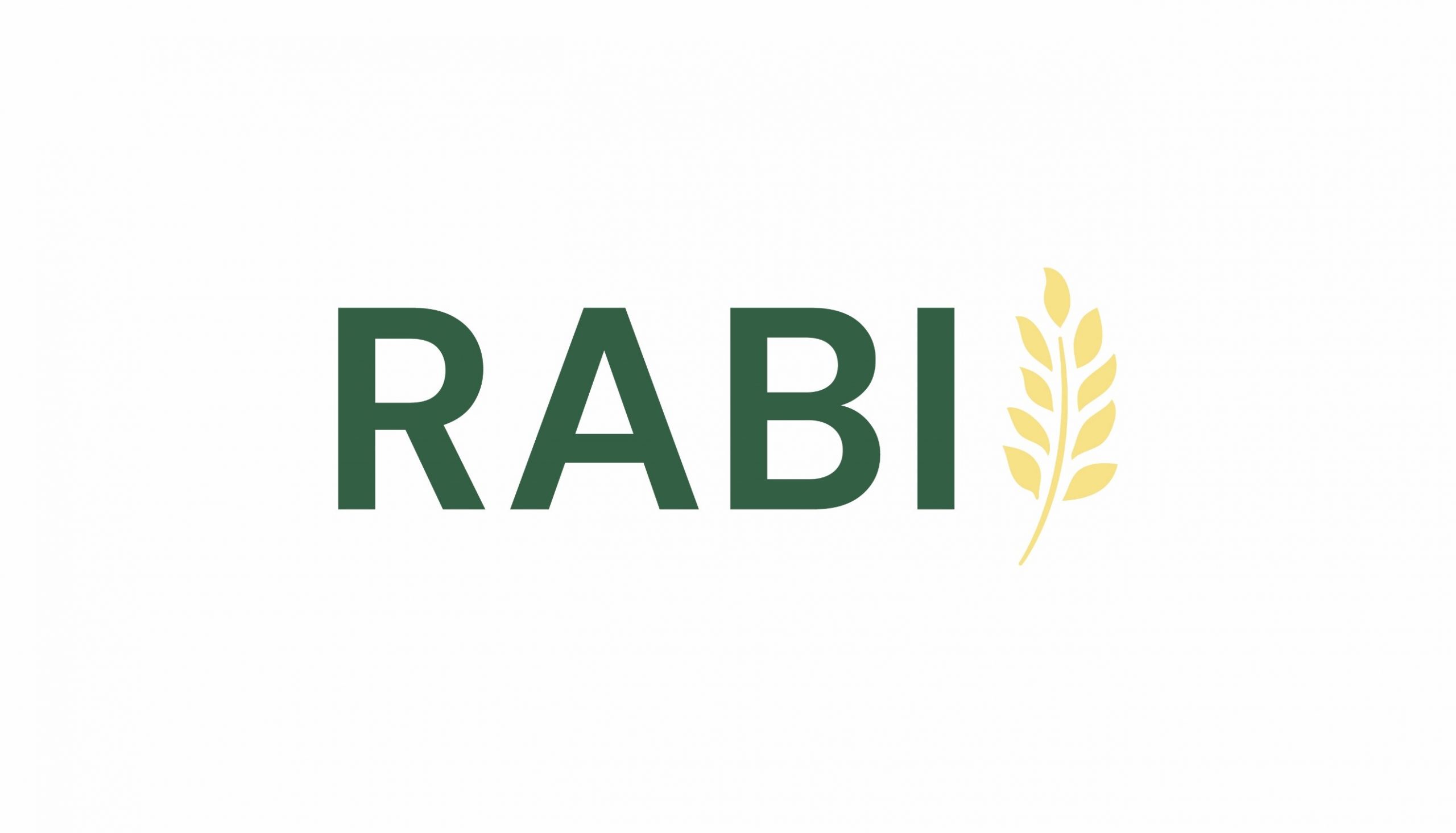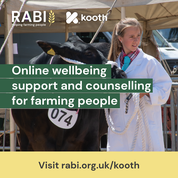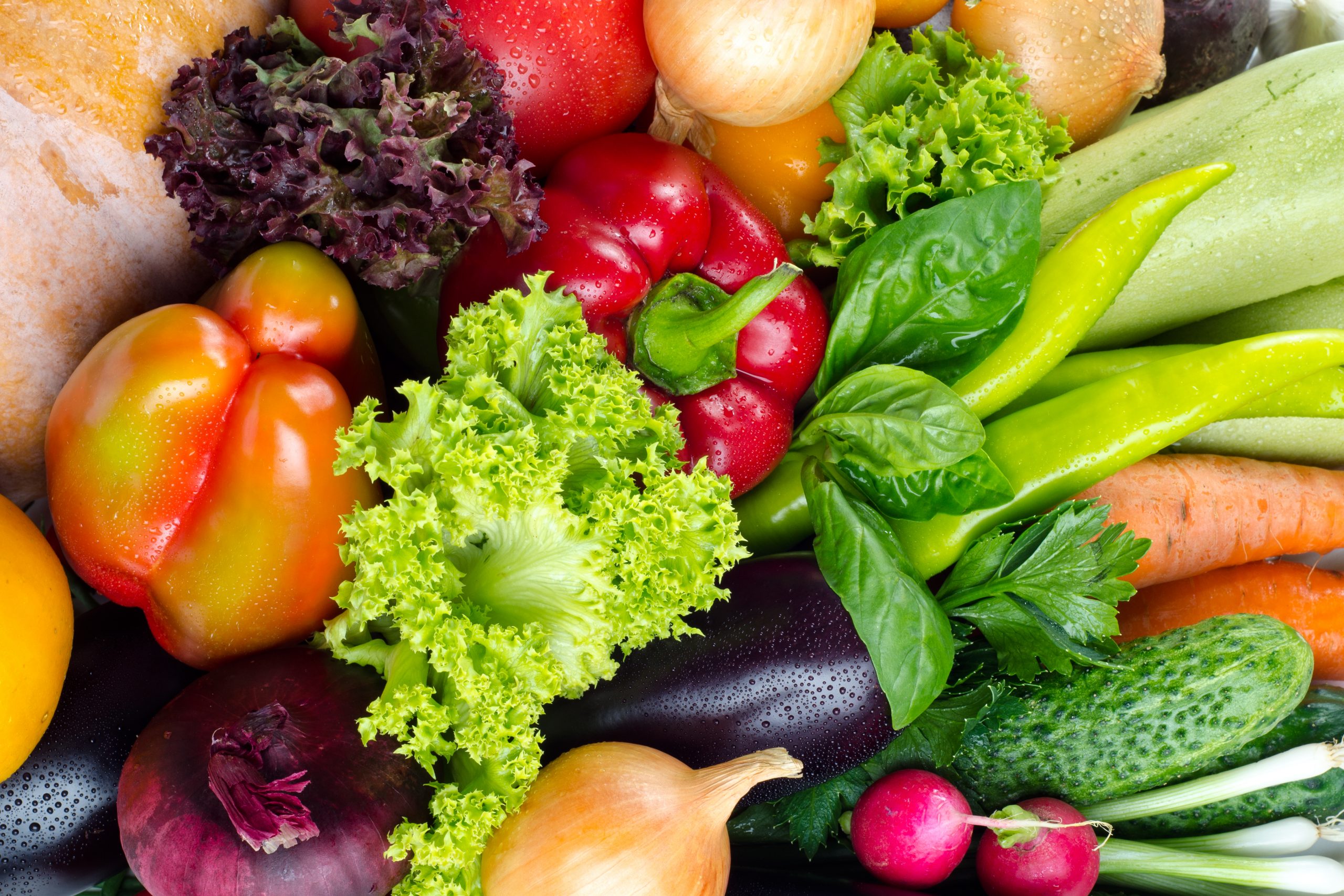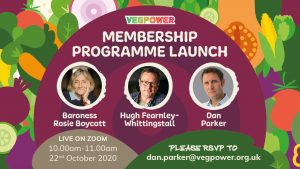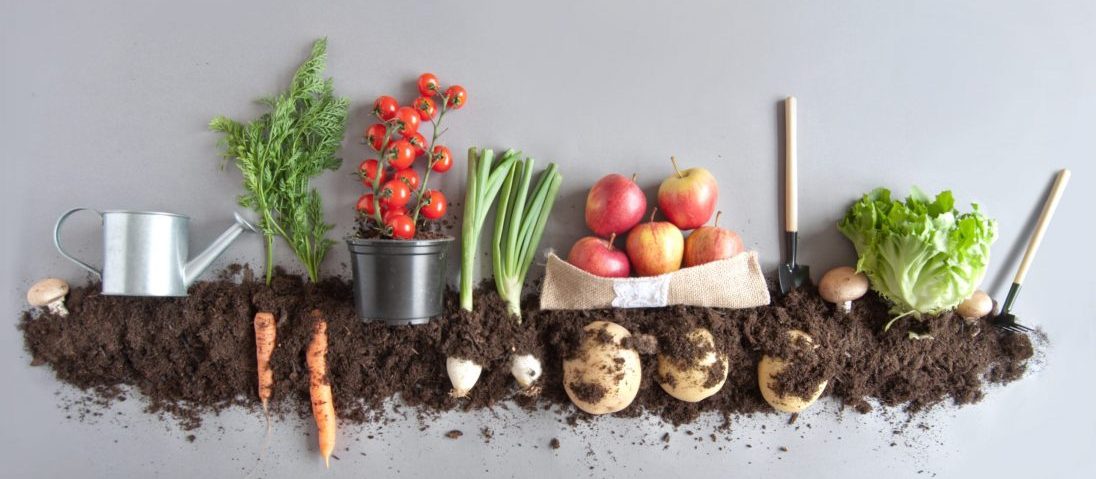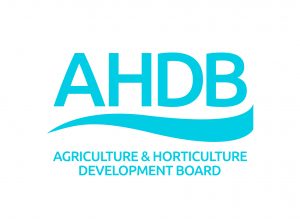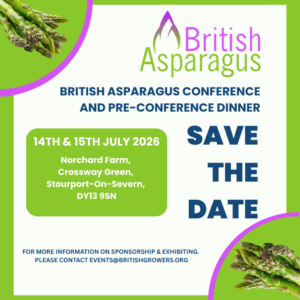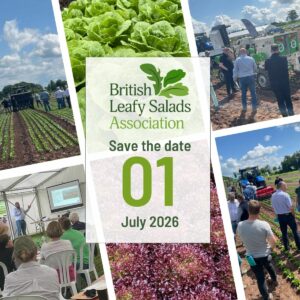ITV and Veg Power announced today that Eat Them To Defeat Them, the landmark advertising campaign designed to improve children’s health, has inspired a lasting change and sales, generating £63 million in sales of vegetables nationwide across eighteen months.*
These newly released figures, based on Econometrics analysis of retail sales data from the campaign’s launch in February 2019 through to July 2020, equate to 517 million children’s vegetable portions, certifying the success of the healthy eating campaign since its inception almost two years ago.
The award-winning campaign has sparked ongoing change in shopping behaviour, having a 2-2.5% positive impact on vegetable sales during the on air advertising campaign across both 2019 and 2020, and a sustained impact on sales in the months that followed. The data enabling this analysis was donated by IRI Worldwide.
The 2020 campaign, which returned to TV screens in February as a media alliance between ITV, Channel 4 and Sky, reached 46 million people and 87% of households with children between four and nine. Activation across schools saw participation from 1,500 schools and 425,000 children.
Lauded as the biggest ever single campaign promoting vegetables in the UK, Eat Them to Defeat Them was supported by major supermarket and food brands Aldi, ASDA, Birds Eye, Co-op, Lidl, Marks and Spencer, Morrisons, Ocado, Sainsbury’s and Tesco. Most recently it was also announced as the Best Health Cause Campaign – Collaboration at the PR Week Purpose Awards, hailed as “an original and unexpected approach to a well-trodden subject that led to genuine change.”
Eat Them to Defeat Them takes the unique and unusual approach of agreeing with children that vegetables are evil. Not just evil, but taking over the world – and the only way to beat them is to eat them. Research in schools found 81% of teachers surveyed agreed it was more popular than other healthy eating campaigns in schools.
*Data compiled by Pearl Metrics, an independent analytics consultancy.
Eat Them to Defeat Them is now due to return for a third year in February 2021. It is part of ITV’s wider Better Health priorities to encourage 10 million people to take action in supporting their physical or mental health by 2023 and supports Veg Power’s mission to get kids across the UK to eat more veg. It was developed by advertising agency adam&eveDDB who work on the campaign pro bono. ITV, Channel 4 and Sky support the campaign as part of a £10m commitment to encouraging children to eat better and move more.
“Every parent knows what it’s like trying to encourage children to eat something they don’t want to eat. It’s no wonder only 1 in 5 children has the recommended daily amount of vegetables. The magic of this initiative is coming at the issue from a child’s point of view and making eating vegetables genuinely fun. We’re so grateful to all the supermarket and food brands, broadcasters and media partners that have made this campaign possible – getting over 500 million additional kids’ portions of veg into tummies across the country.” Clare Phillips, Director of Social Purpose, ITV
“It has never been more important for us all to eat our vegetables. Eat Them To Defeat Them makes veggies fun, it engages kids through the buzz of a brilliant TV campaign supported by activation in stores, schools and homes across the country and amplified by a host of celebrities and supporters on social media. These hard retail sales data confirm our extensive survey data – kids are eating more veg thanks to this campaign.” Dan Parker, Chief Executive, Veg Power.
This year, more so than ever, the nation’s health and the wellbeing of our children have been brought into sharper focus. IRI is proud to play a part in the Eat Them to Defeat Them campaign encouraging young people to eat more vegetables.” Dan Finke, Managing Director, IRI UK
Mat Goff, Joint Chief Executive Officer at adam&eveDDB who created the campaign, said: “Impact on this sort of scale requires genuine creativity and genuine partnership and it’s great to see an ever-growing coalition of partners putting their money where their veg-filled mouths are.”




